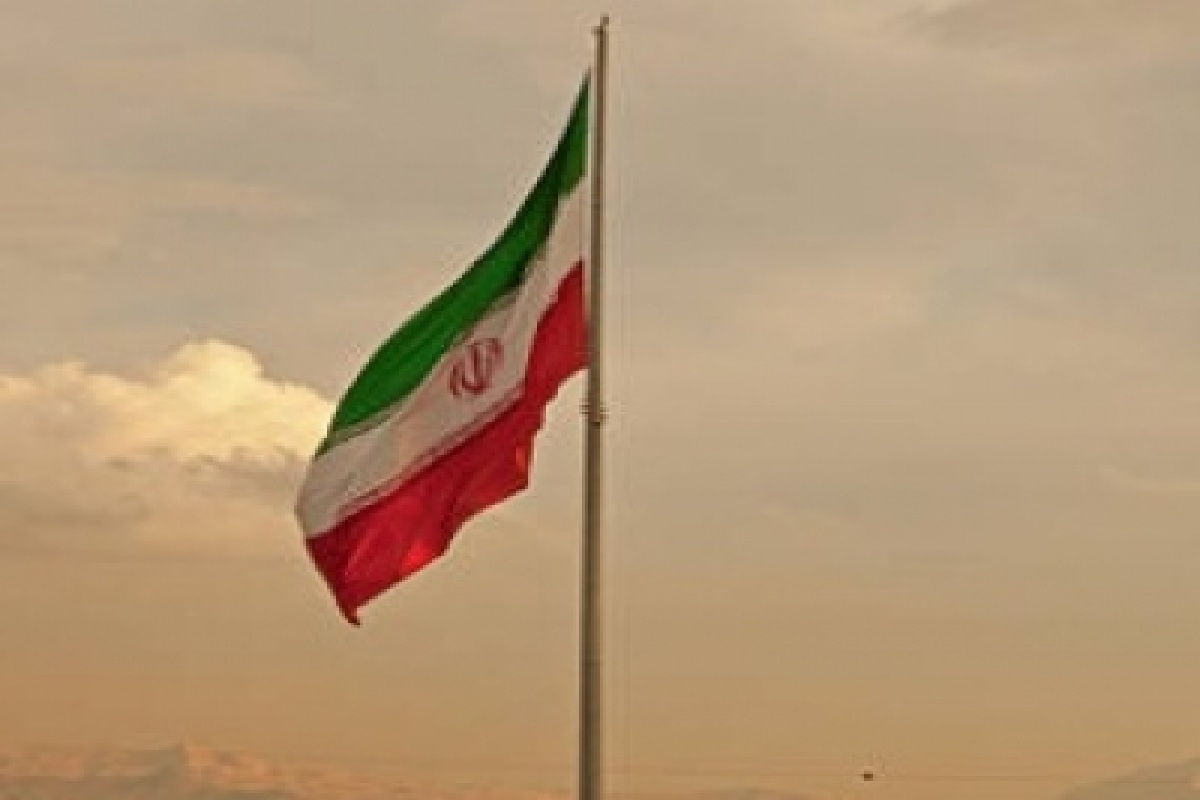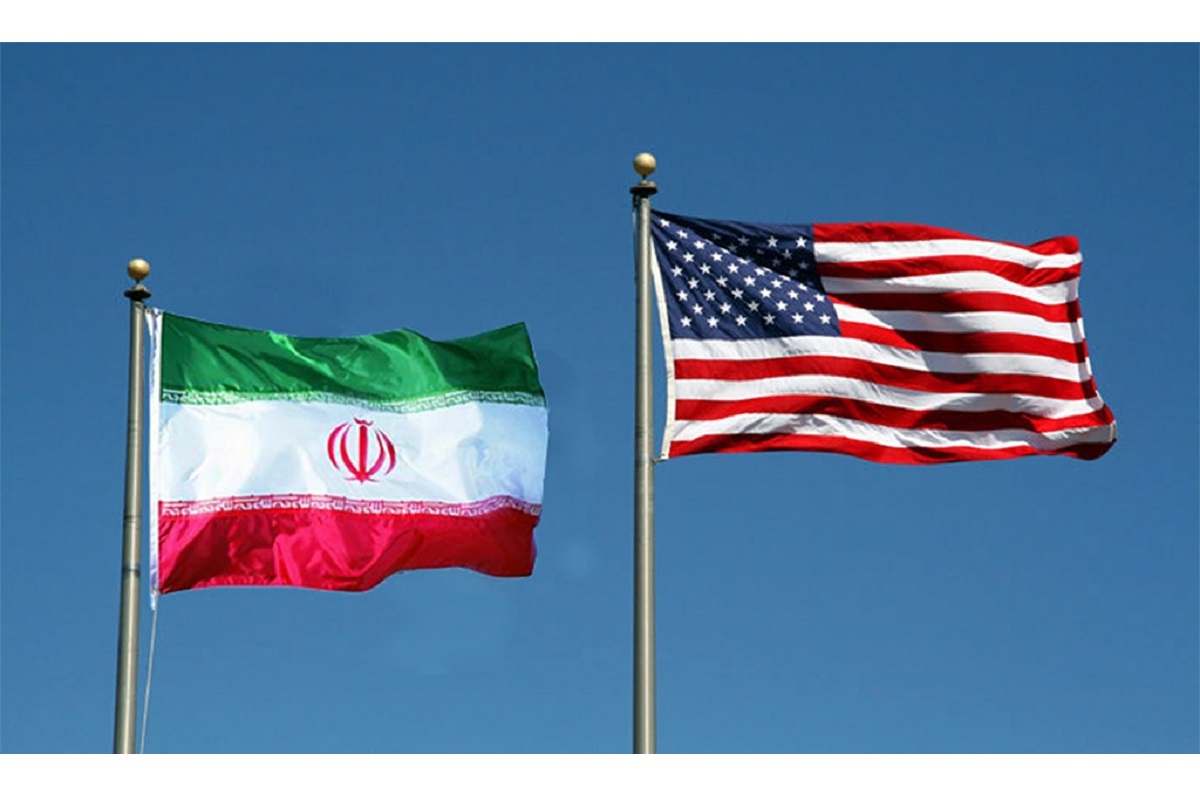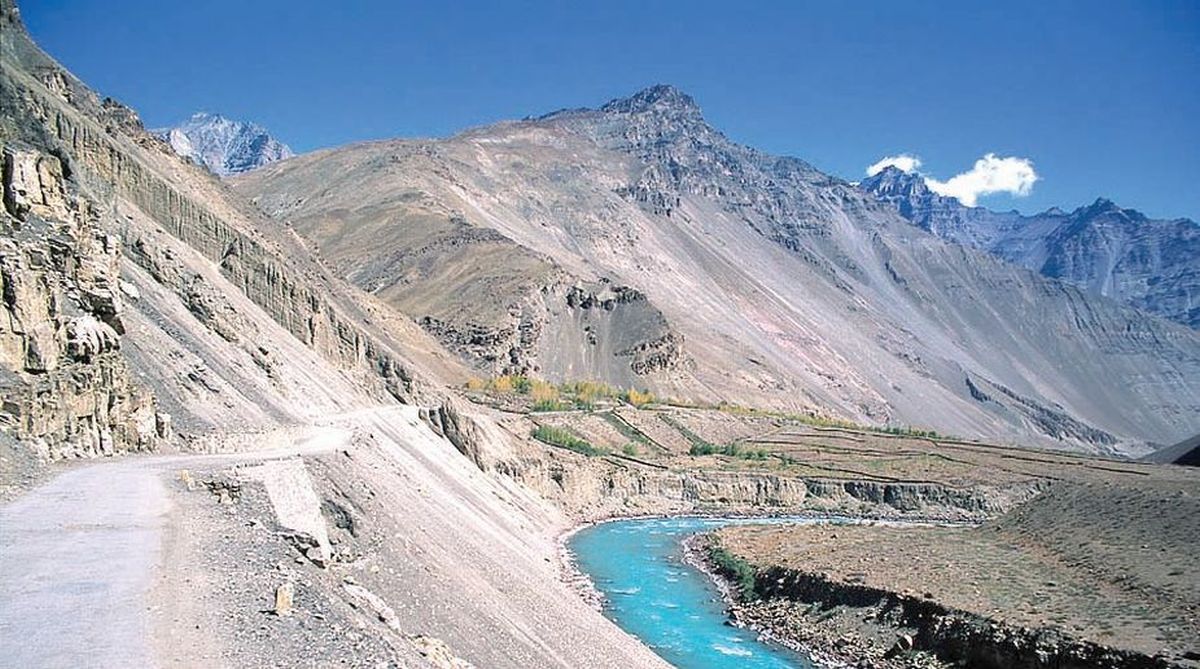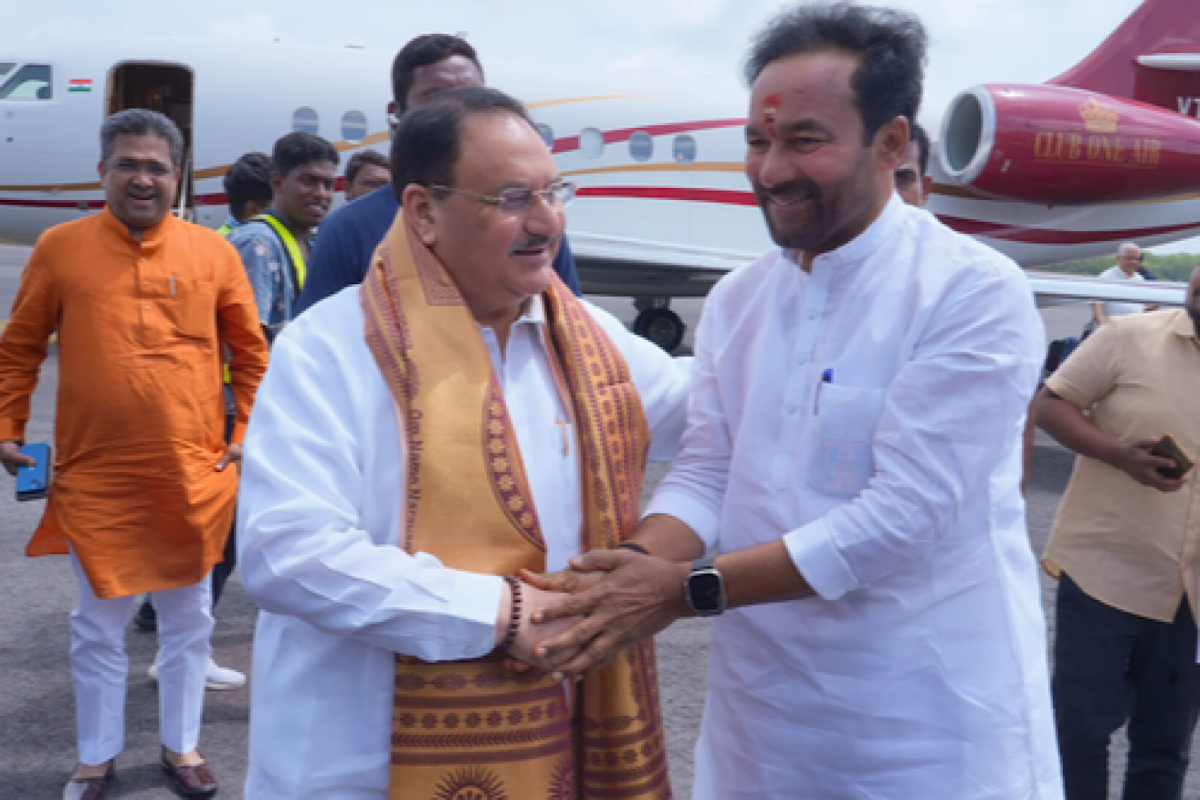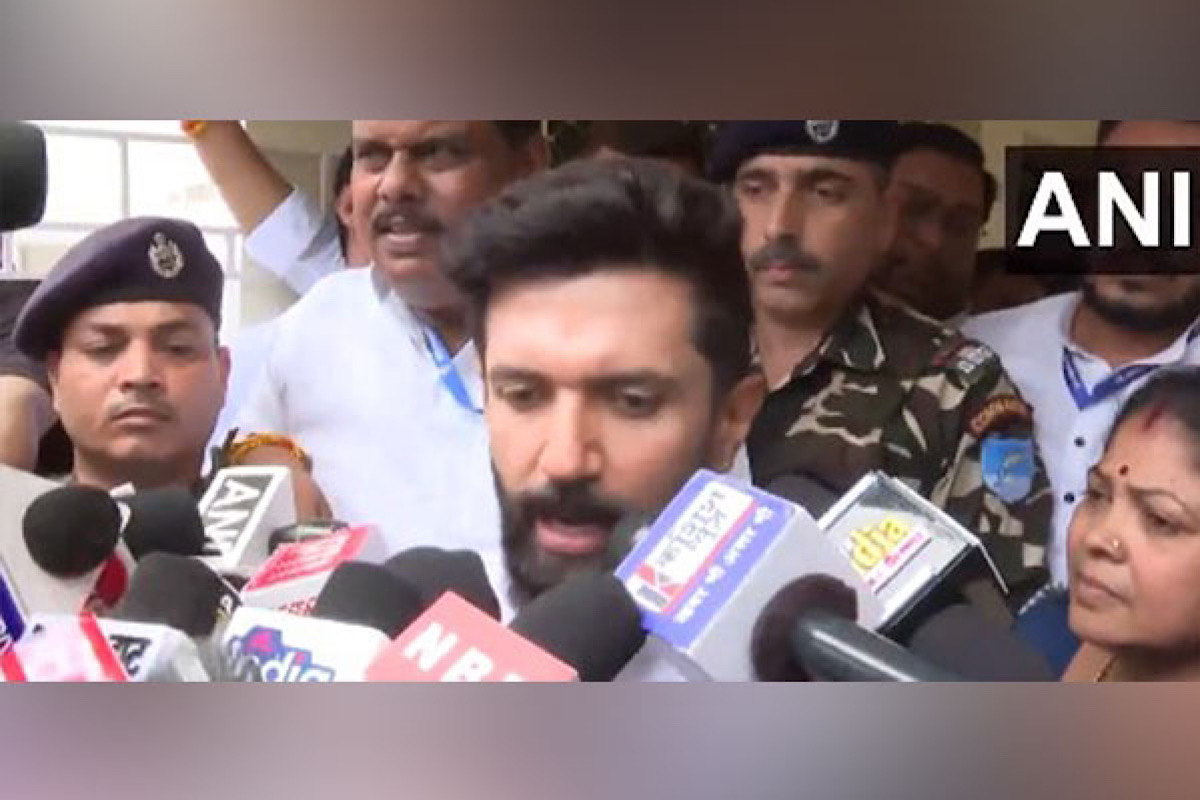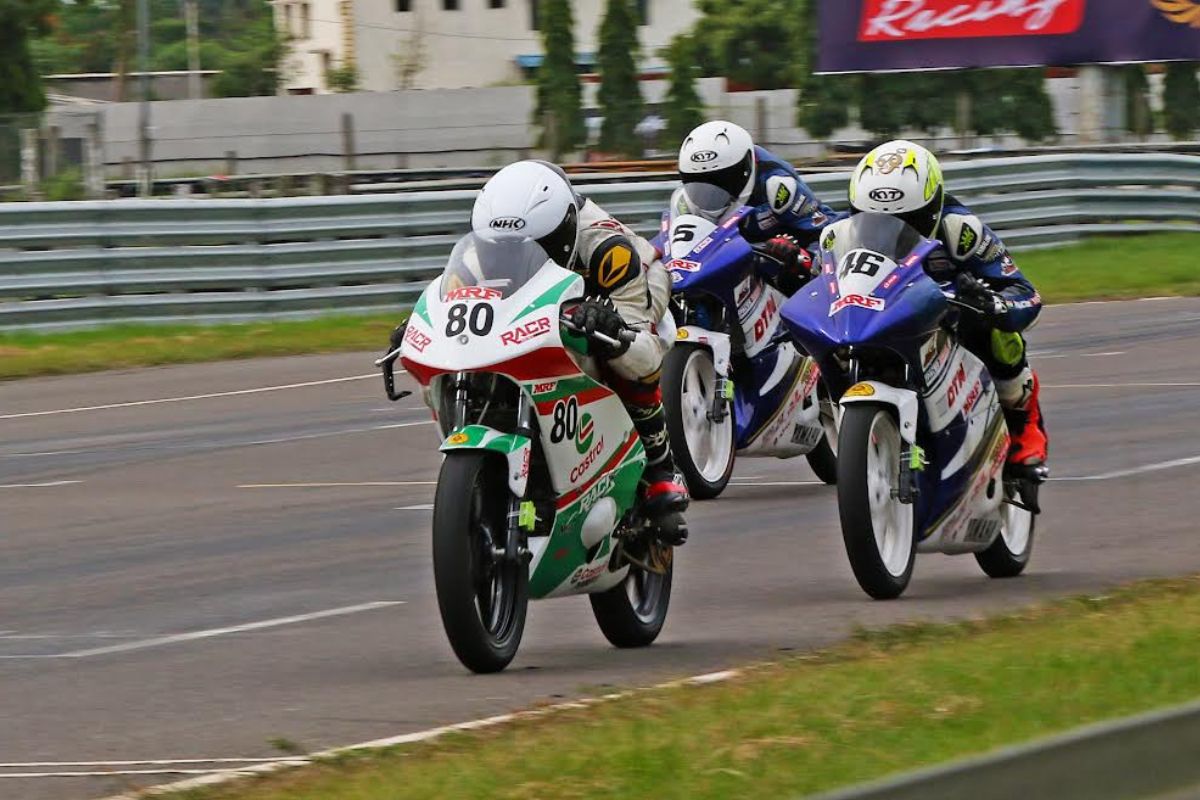‘Bullying’ powers’ call for talks with Iran not aimed at solving issues: Khamenei
Iran's Supreme Leader Ali Khamenei said that certain "bullying" powers' insistence on holding talks with Iran is not aimed at resolving issues but rather at imposing their own expectations.







